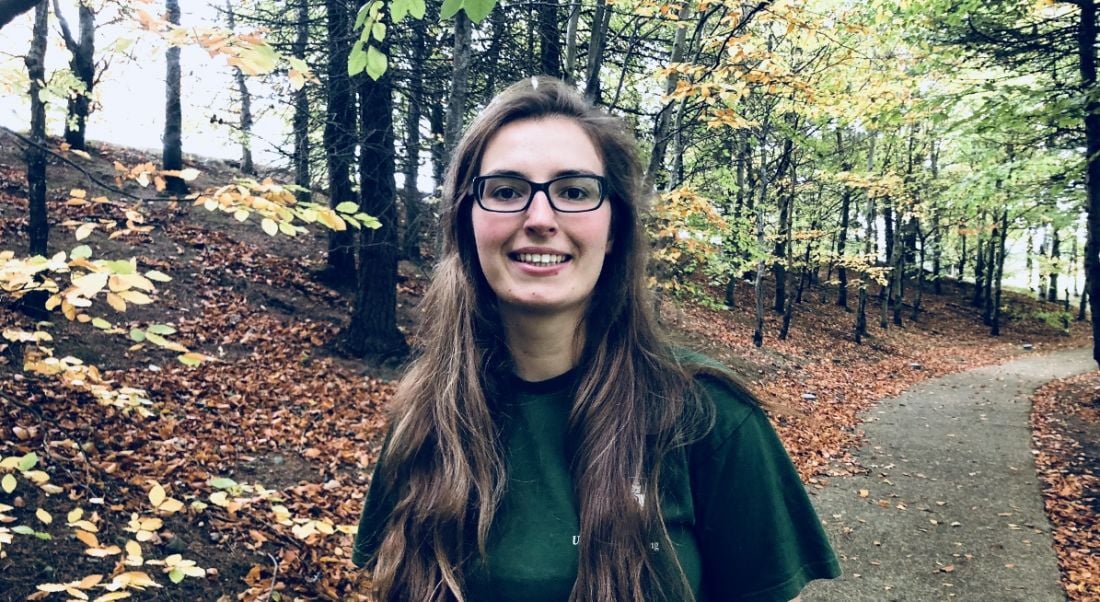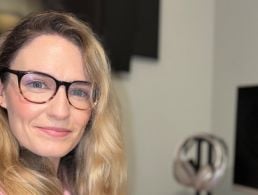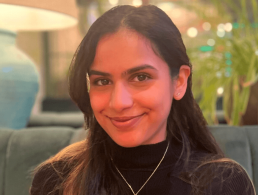Claire Murphy knew the moment she met some of the employees at Fidelity Investments that she wanted to get on the company’s Leap programme.
Technology is becoming more ever present with time. Our fridges have Wi-Fi and our cars can drive themselves. As you may expect, the tech industry in turn is being transformed year on year.
It’s no surprise, then, that graduates such as Claire Murphy are anxious to get their foot in the door with top tech companies. So, when an opportunity arose to participate in the Leap programme at Fidelity Investments, Murphy couldn’t accept the offer fast enough.
We spoke to her about how her experience with the company has prepared her for a career in software engineering.
What did you study in college?
BSc engineering science at University College Dublin.
With this programme, are you now working in your desired industry?
Yes, I have always wanted to work in the technology industry as it a very fast-paced and challenging industry.
What drew you to Fidelity Investments when you were seeking work as a graduate?
The Leap programme at Fidelity Investments offers three months of classroom training on a range of different tools and technologies. I knew the training would give me a solid foundation for the transition to a software engineering role.
What expectations did you have before you began the programme?
When I met Fidelity Investments employees at a career fair, I was really eager to get on the programme. I began expecting to learn about many different programming languages and frameworks, and to implement these learnings in a project. I was also excited to meet people with whom I would work with in the future.
What duties and responsibilities were you given initially?
Initially, we were given the responsibility to take an active role in the classroom to aid our learning.
Did the scope of your work change as the programme progressed?
Yes. My role evolved to taking part in group sessions where I completed a case study, and even more so in the second half of the programme where I was part of a project that worked on a post-trade system, which offered real business value.
Can you describe a typical day in your role?
A typical day during the project phase is as follows:
In the morning, I come in and work on the story assigned to me.
Then, at 11am, we meet the business analyst and technical lead for our daily stand-up. This time would be spent giving a progress update and highlighting any blockers we are experiencing. If we have any technical or business questions, we often extend the stand-up to discuss them.
In the afternoon, we either each go back to working on our stories or, if someone is having difficulty, we work together to solve the difficulty.
How do your responsibilities compare to more experienced employees’?
Our responsibilities during the project phase are very similar to those of an associate software developer.
Do you feel more prepared for working life after completing this programme?
Yes, the classroom training has given me a good technical foundation for transitioning into a software engineering role. The project phase gave me a great insight into a typical day for a software engineer.
Why should someone apply to the graduate programme at Fidelity Investments?
I would recommend someone to apply to the Fidelity Leap graduate programme as it is a fantastic learning opportunity in a great company.




